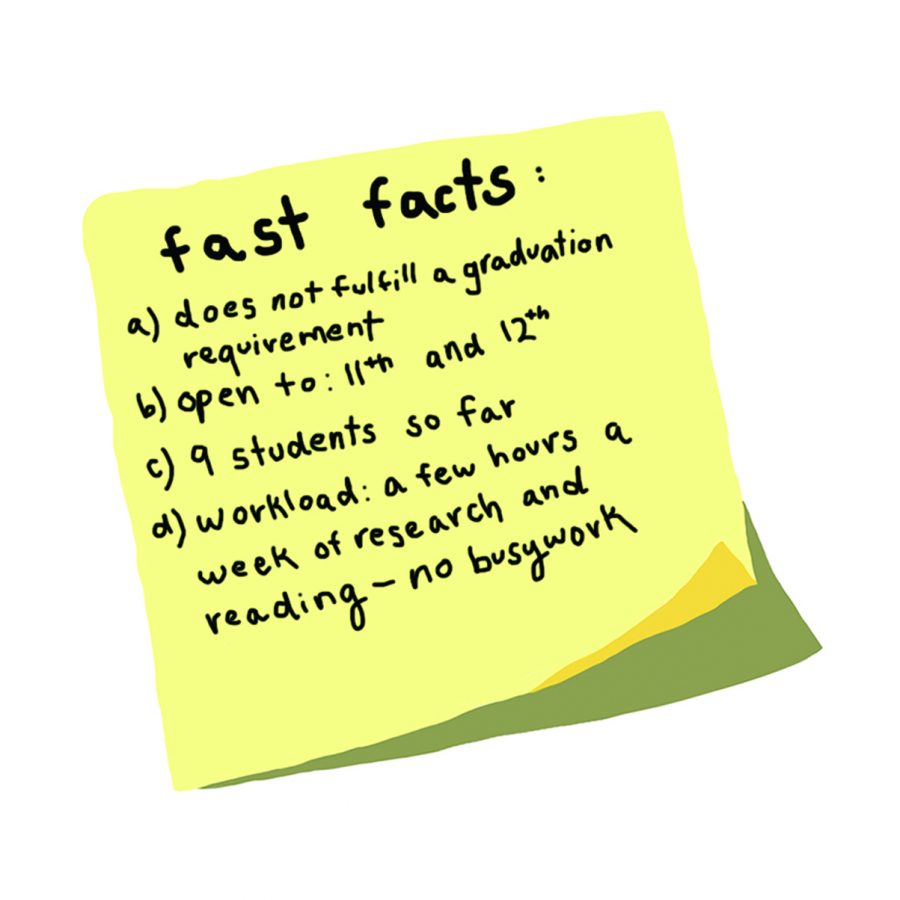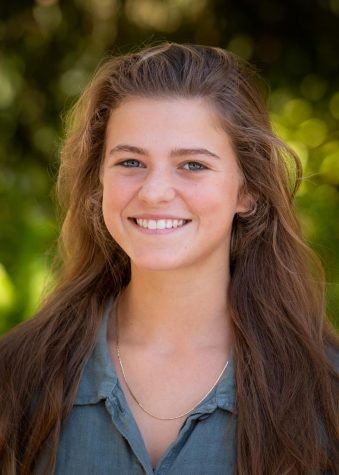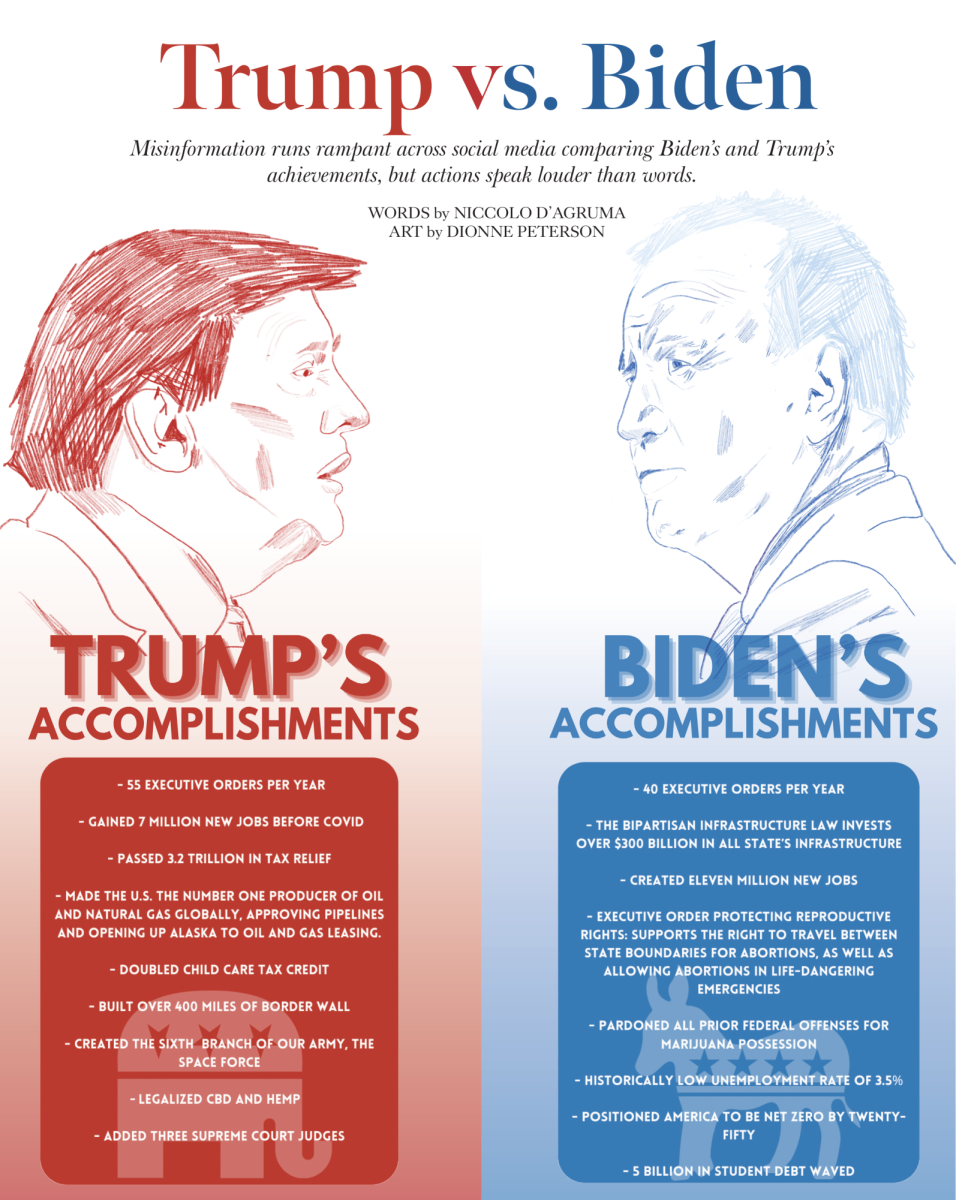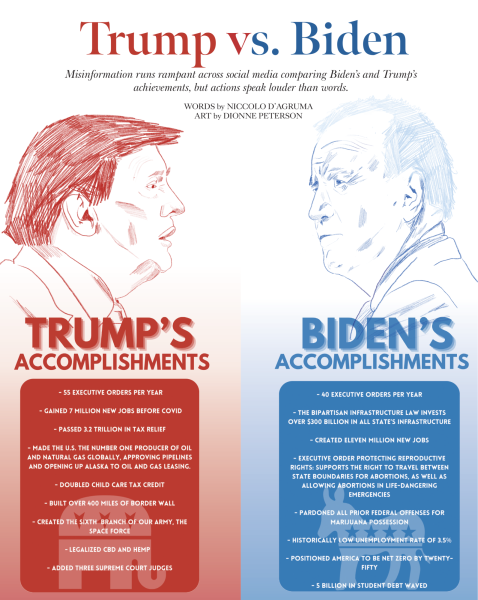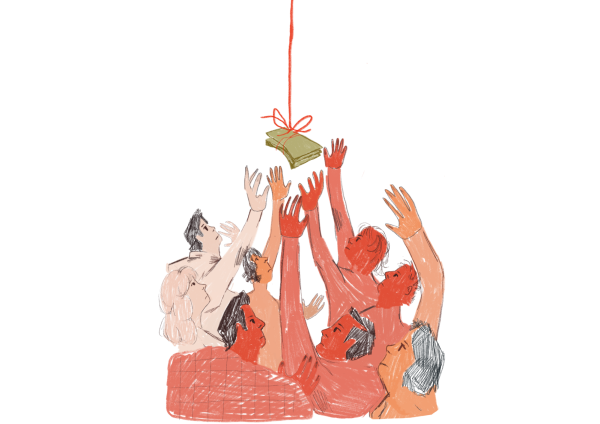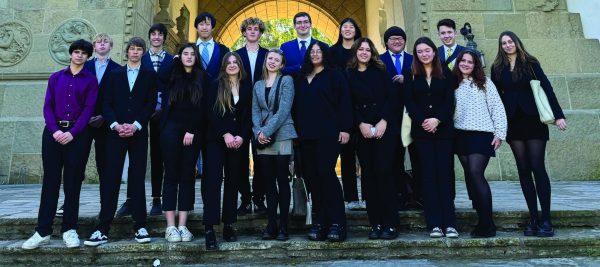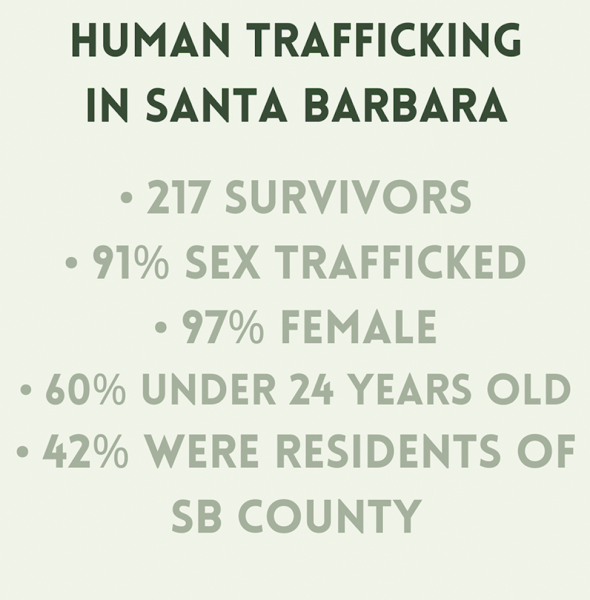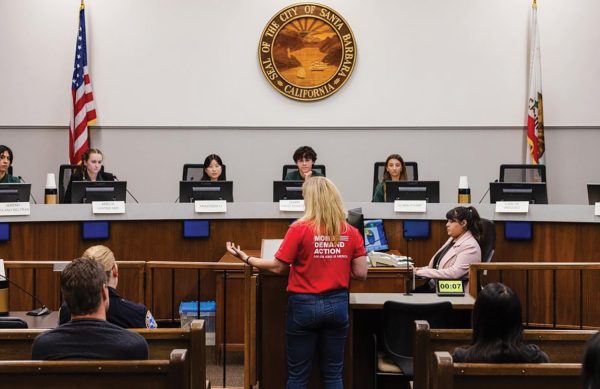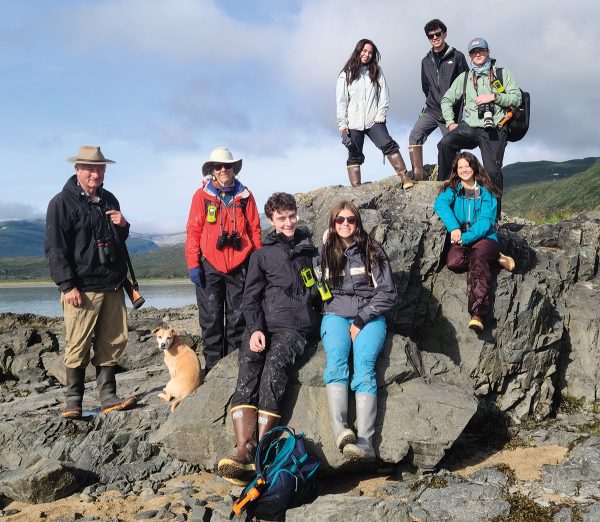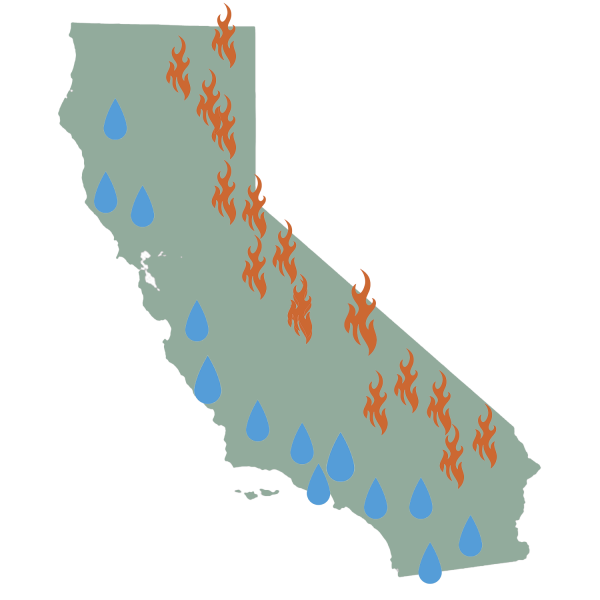Introducing New Electives
Catch a glimpse of two electives being offered for the first time starting in the second semester.
February 26, 2020
Civic Preparedness
You might say this class fulfills not a school requirement but a life requirement. Interdisciplinary teachers Kevin Shertzer and Al Silva designed Civic Preparedness to provide the essential tools for students who are about to become fully participating members of US society. Civics education classes are required in high schools across the majority of the nation.
For both Silva and Shertzer, the ultimate goal of the class is not for students to earn a high grade but for each of them to leave the class “knowing how our government works, the differences between those that lean to the right and lean to the left… allowing yourself to examine perspectives that might not be your own,” said Shertzer. “We have to give grades, but that’s probably the last piece we’ll put in.”
“What the students put in will dictate how much they can get out of it,” said Silva. “This is the kind of class that makes me love Laguna so much because these are almost college classes. You come in with your work ethic and skills in order to refine your knowledge on something you think is valuable.” He articulated that his main concern is how to “put truth and civil discourse at the forefront of our consciousness.”
“Having a class that teaches you specifically life skills, like taking out a mortgage and doing taxes, will prove to be very helpful when the time comes that I need to be well-versed,” said senior Audrey Murphy. “I hope to come away with a better understanding of how to be an involved and conscientious citizen.”
Happiness: The Science of Well-Being
AP Psychology teacher Meghan Roarty got inspiration for this elective from a New York Times article about the science of happiness, a subject that has drawn the largest number of students at Yale– the class is so popular, in fact, that they ended up moving to a bigger room to accommodate them all.
According to Roarty, there are two major elements to this subject. “One is knowing what will make you happy,” she said. “But knowing is half the battle. The other half is putting it into practice.”
She plans to expose students to the misconceptions about what can influence their happiness as well as the cognitive reasons for which most people tend to believe in such ideas.
In AP classes, there is an emphasis on content that’s required for the teacher to cover. For an elective like this, however, discussions are largely student-driven, and students “are able to apply content right now to their lives. That is what makes it impactful,” Roarty said.
“When I heard about the happiness elective,” said junior Bea Lujan, “I got really excited because I have always been curious about the science behind happiness and the different ways it can impact someone’s life or be portrayed depending on the person.”



